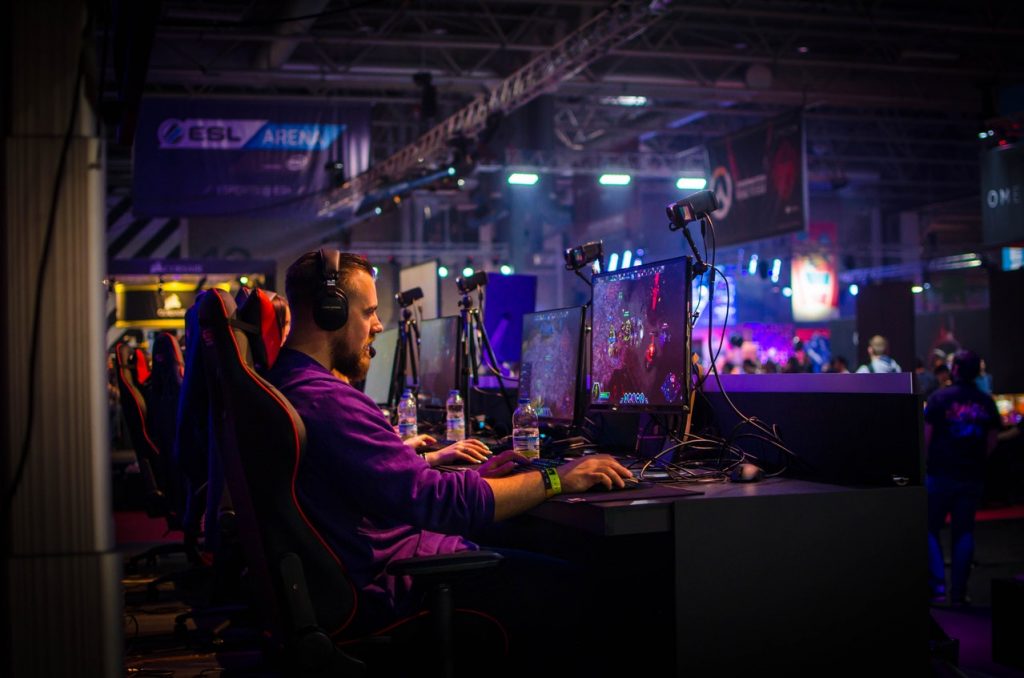Regardless of the rise and popularity of Esports, it isn’t clear whether the pursuit is bad or good for players’ health. What does the evidence say about gaming’s effects? Active Lifestyle takes a look.
Esports, or competitive video gaming, is on the rise around the world. Games have become a career path that is professional, creating a revenue stream for the gaming market and providing entertainment to thousands and millions of viewers.
How much sitting is too much sitting?
One aspect of gaming is the hours which gamers spend sitting while playing. Amateur and professional eSports players play average 24-25 hours each week.
Studies have shown that by sitting for six hours every day, cholesterol levels can be increased. Muscles begin to degenerate, preventing blood from getting to the heart and increasing the possibility of heart diseases and weight gain. After 24 hours, insulin is decreased by almost 40%, increasing the risk of type 2 diabetes.
Exercise after a period of inactivity can’t compensate for the damage brought on by over sitting. Players should get away from their displays for some time and should take breaks in between.
Some players play around 100 hours. Playing this much could result in significant social, physiological and mental problems like burnout or gaming illness. More research is needed to show the social, psychological and mental effects of esports.
Gaming is physically and emotionally demanding.
Esports players coordinate up to 400 moves per minute, demonstrating fast movements. Their heartbeat during playing reaches around 120 to 180 beats per minute, which is a driver’s stress level. The stress hormone cortisol increases as much as if a footballer shoots a penalty kick in a Champions League final.
This stress is because of the high levels of concentration, coordination that is required. Hence, those athletes’ body should be and trained to have the ability to deal with this load.
Favourable effects of esports on the mind.
However, esports’ health effects aren’t entirely adverse. Some action video games have a favourable impact on the brain.
Playing video games for five to ten hours improves memory, in addition to areas in the brain associated with eyesight, attention, motor and tactical planning skills. In actuality, games can help people multitask, concentrate, and awareness.
Esports players must sleep no less than eight hours to take care of the strain of their sport and should eat healthy foods to maximize their performance and recovery.



